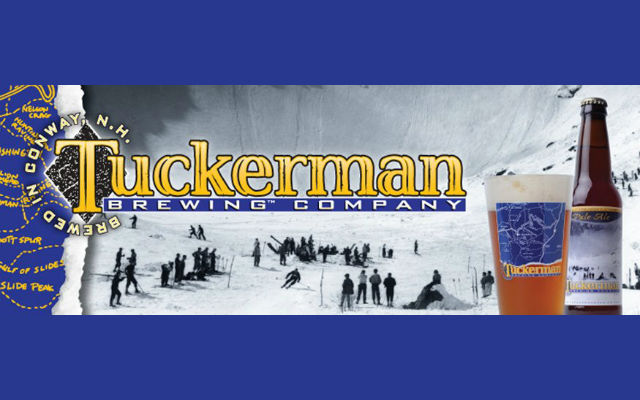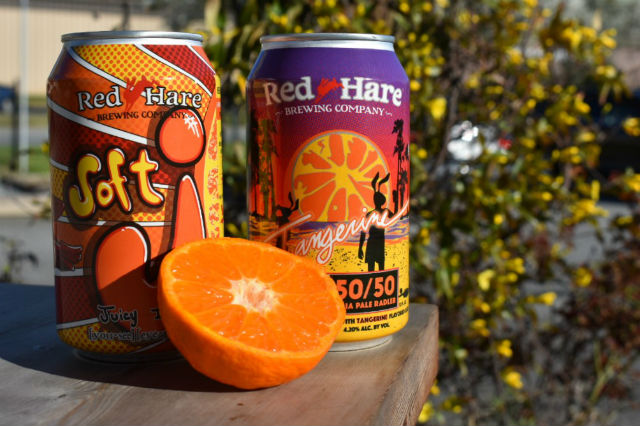
The farming and heritage of Blue Barn Cidery dates back to the early 19th century, but the hard cider side of the business is relatively new, having only been founded in 2017 in Greece, New York.
The farms have always been a family affair, and the same goes for the family’s cidery arm, which is run by President Jill Wolf and her husband, Jeremy Wolf.
Having hands-on involvement and directly overseeing what goes on in the orchards gives the duo a leg up when determining optimal fruit quality and what adjustments need to be made during the growing season and beyond.
“As a family-owned and vertically integrated business, we are fortunate to have culinary apple orchards as well as heritage apple orchards on site and under the same management of the cidery,” Wolf said. “Since we own both the farm and the cidery, we are able to make decisions about what to grow and how to grow to fit our needs.”
Pollination
Apples are just one fruit Blue Barn’s orchard grows. One of the decisions they make involves ensuring enough pollinators are present to ensure orchard health.
If your orchard needs bees but none seem to be present, you can work with beekeepers to have them brought in, said Wolf, who noted that it was one of Blue Barn’s strategies for keeping fruit production up. One can even get bumblebees, which are important pollinators that many environmentalists say should be categorized as endangered.
“Our growing season is mid-July through mid-November as we grow berries and stone fruits in addition to apples,” Wolf said. “In the spring, we bring in honeybees as well as bumblebees for pollination. We also strategically plant some pollinator attractants and mow our fields strategically in the spring.”
Manoff Cidery in New Hope, Pennsylvania also hires out bees to come help it during the growing season. It’s in much the same boat as Blue Barn, growing a variety of fruits that are sold for both direct consumption and cidermaking.
“We hire bees from our local bee and honey guy,” said Chelsea Manoff, assistant cidermaker, whose family’s business also runs a market stand. “This helps for the critical month of bloom to boost pollination even though we do get many local pollinators and bumblebees from a wildlife corridor surrounding our property.”
Irrigation
Having enough water is also important. Having a pond on the property and optimizing it is one way Blue Barn ensures sufficient irrigation.
When Blue Barn went into the hard cider business, it used the dirt on its property to serve a variety of purposes.
“When building our cidery, we used the opportunity to excavate our farm pond to provide fill for the building site,” Wolf said. “Because of this, we now have a very large pond that collects rainwater in addition to all of the drain lines from the orchards. This same pond is connected to our irrigation system, which can be used to supply drip irrigation to specific fields as needed in a dry season.”




Be the first to comment